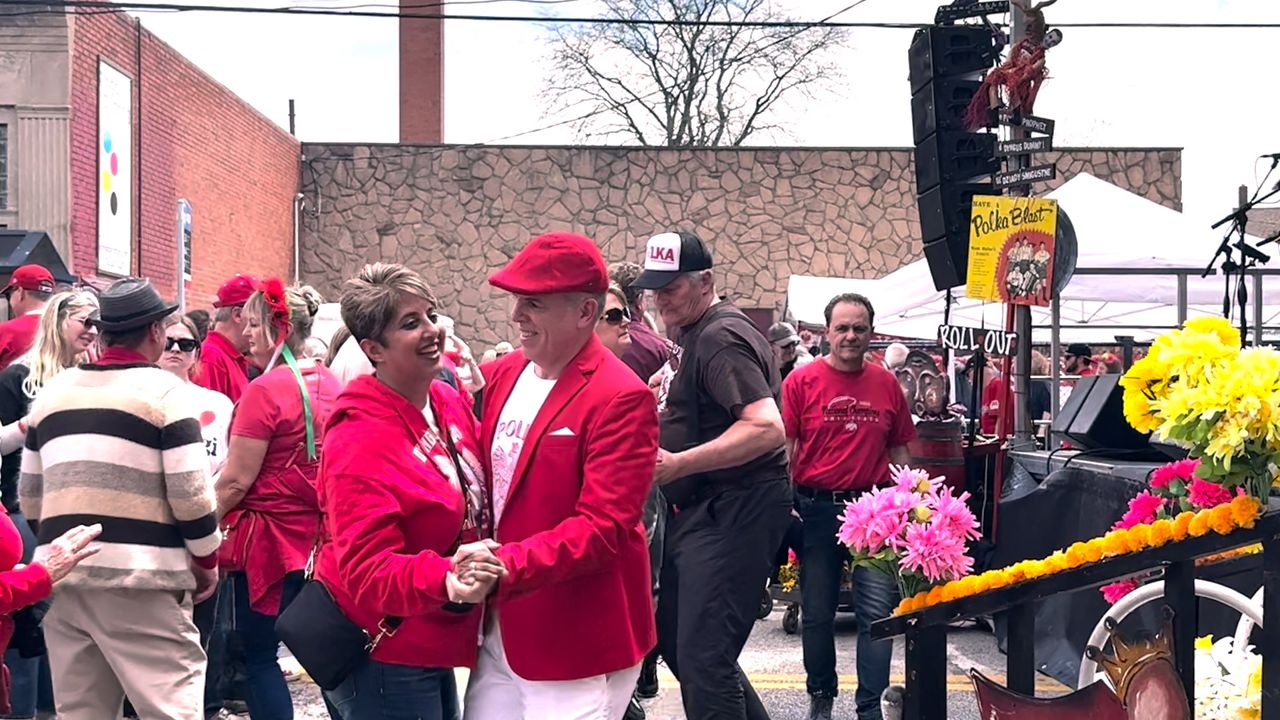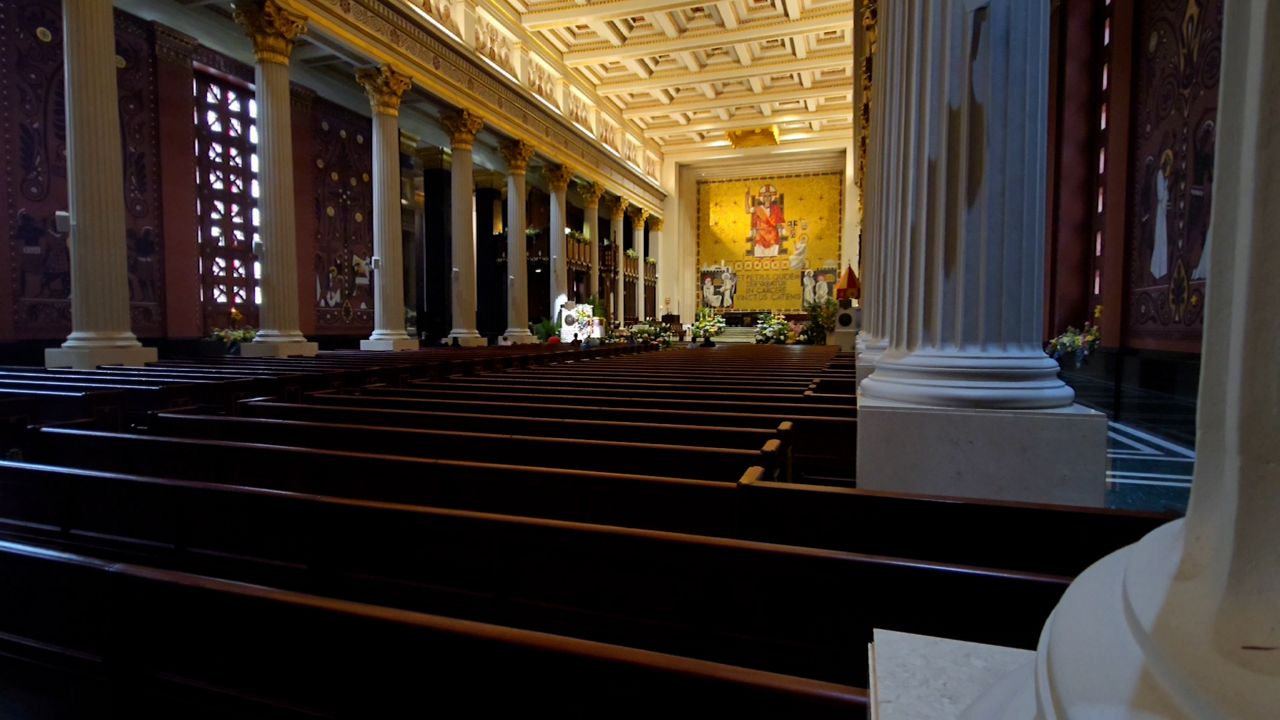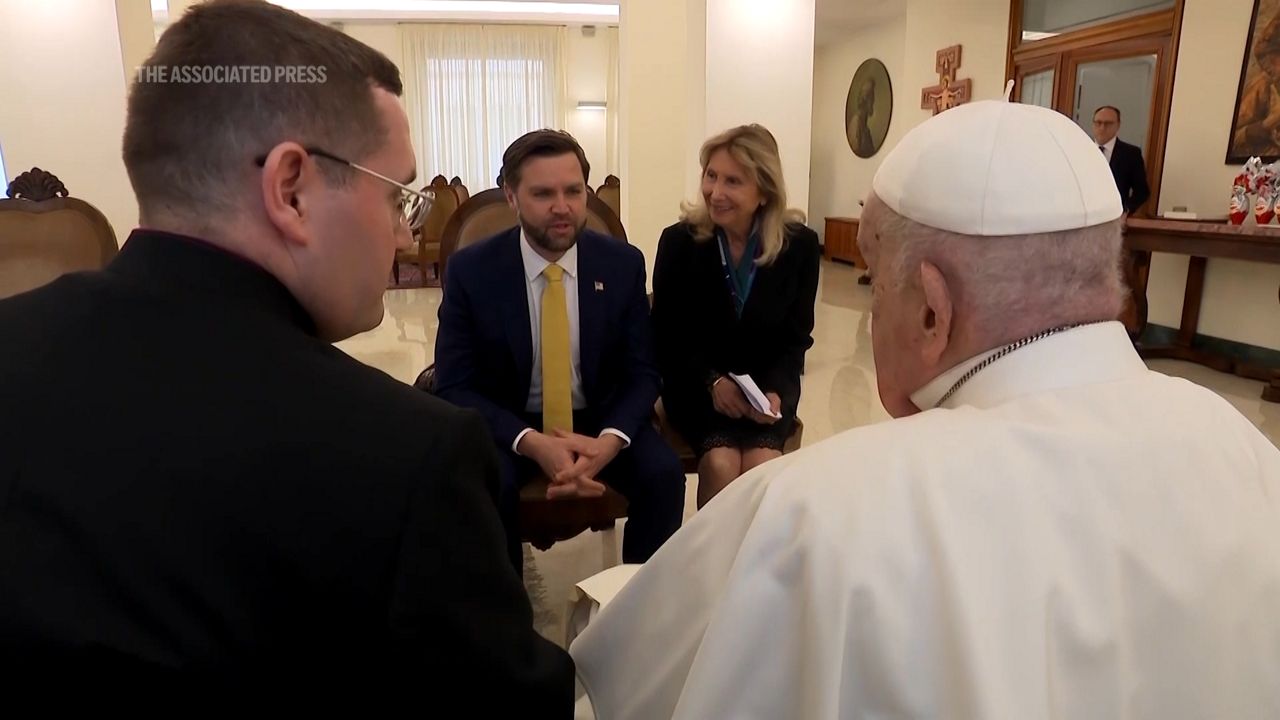CLEVELAND — One of Ohio’s lesser-known Presidents has been making headlines in recent months.
William McKinley, who served in the White House at the turn of the 20th century, has earned the praise of President Donald Trump for his use of tariffs, but historians say Trump’s assessments of McKinley’s policies aren’t completely accurate.
“You know, 25 years living here, and I’ve never had so much interest in Ohio Presidents, and specifically William McKinley,” Kevin Kern, an Ohio history professor at the University of Akron, said.
Kern’s been flooded with media requests about the former president in recent months, from the CBS Sunday morning team to the Tokyo Broadcasting System.
He said McKinley was known as the “Napoleon of Protection” because he liked high protective tariffs. As a congressman in 1890, he pushed what’s known as the “McKinley Tariff” through the Capitol, increasing the duty on many imported goods at the time.
“He may have wanted to be a little careful what he wished for, though,” Kern said. “Because the tariffs are going into effect, prices start rising, because that is also an effect of tariffs. Goods become more expensive to buy. The public blames the Republican Party for this tariff, and the Republicans lose, like, half their seats in Congress.”
While Kern said the tariff did have some of the intended effect of protecting the domestic manufacturing industry, in 1893 the U.S. fell into one of the worst depressions the country has gone through.
“By the time he's elected president, he's beginning to back away from some of these things,” Kern said. “He learned a lesson from being voted out of office after the tariff of 1890.”
Jonathan Ernest, an economics professor at Case Western Reserve University, said there are many reasons why tariffs would have a different impact in today’s economy compared to the McKinley era.
“So now, if the if the idea is not just to bring manufacturing to the U.S., but to create jobs and hire more people and bring back those manufacturing jobs, that's going to be less likely, given the fact that those products that are being produced require much less manual, physical labor than they did even a few decades ago,” Ernest said.
Kern said even McKinley grew into a more sophisticated understanding of tariffs in his time in office. The day before he was assassinated in 1901, McKinley gave a speech that walked back his view on tariffs and encouraged more harmonious arrangements with foreign markets.
As a historian, Kern said he believes there’s lessons history teaches us.
“I think that idea that it's complicated is always a good lesson to take away, and I think it's even more complicated now than it was then," he said.
The McKinley Presidential Library and Museum, which is located in Canton, opened for the season at the beginning of the month.













